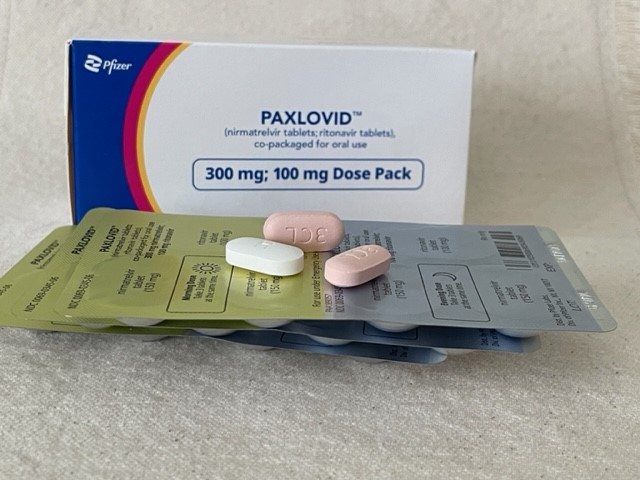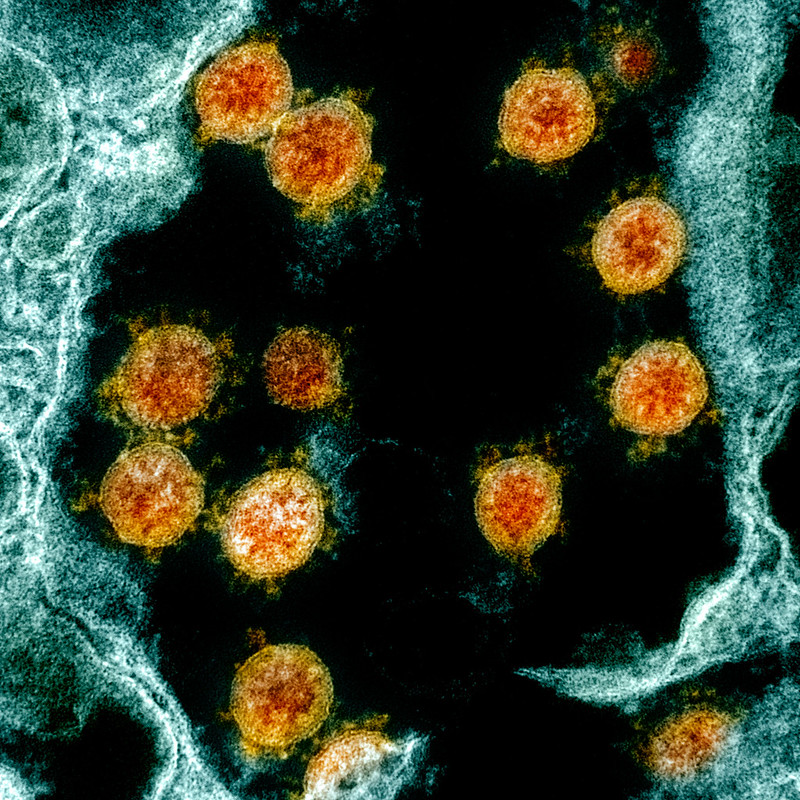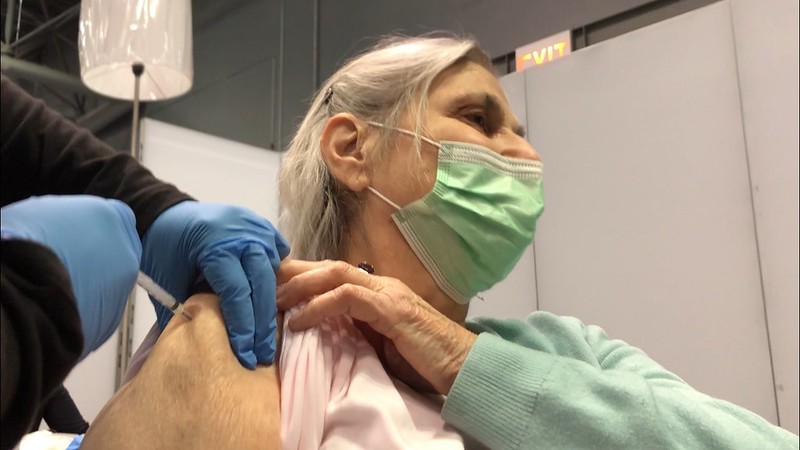Paxlovid was linked to a 30% lower risk of all-cause emergency department (ED) visits, hospitalization, and death among vaccinated, nonhospitalized COVID-19 patients with serious chronic conditions but didn't appear to benefit those with only asthma or chronic obstructive pulmonary disease (COPD) or no serious underlying conditions, concludes a Harvard University–led study.
For the observational study, published today in Clinical Infectious Diseases, researchers assessed outcomes among two groups of 2,547 COVID-19 patients aged 18 to 50 years.
Participants had been vaccinated from December 2021 to July 2022, and the search was conducted in September. One group received Paxlovid (nirmatrelvir plus ritonavir), while the matched control group didn't.

5% vs 7% had poor outcomes
A total of 4.9% of Paxlovid recipients visited an ED, were hospitalized, or died in the first 30 days after COVID-19 onset, compared with 7.0% of controls (odds ratio [OR], 0.683), for a 30% reduction in relative risk. The number of patients needed to treat (NNT) to prevent one of these outcomes was 47.
Subgroup analyses revealed significant associations between Paxlovid benefit and patients with cancer (NNT, 45), cardiovascular disease (30), and both conditions (16). But no benefit was observed for patients with only chronic lower respiratory disorders such as asthma or COPD or without serious underlying illnesses.
Ten patients died, none of whom had received Paxlovid. There were no significant differences in rates of all-cause ED, clinic, or telehealth visits.
Paxlovid recipients had lower rates of constitutional, cardiovascular, and respiratory symptoms than controls, while rates of gastrointestinal, nervous, and musculoskeletal symptoms and altered smell or taste were comparable in both groups.
"The need for stewardship and more careful resource allocation are anticipated to increase, as decreases in government funding for Covid-19 treatments are expected," the researchers wrote. "Clinicians and policymakers should consider these findings, so that vital treatments are prescribed for those who need them (including those who have been underserved) and not wasted on those who stand to gain no benefit."


.jpg) An
An 










